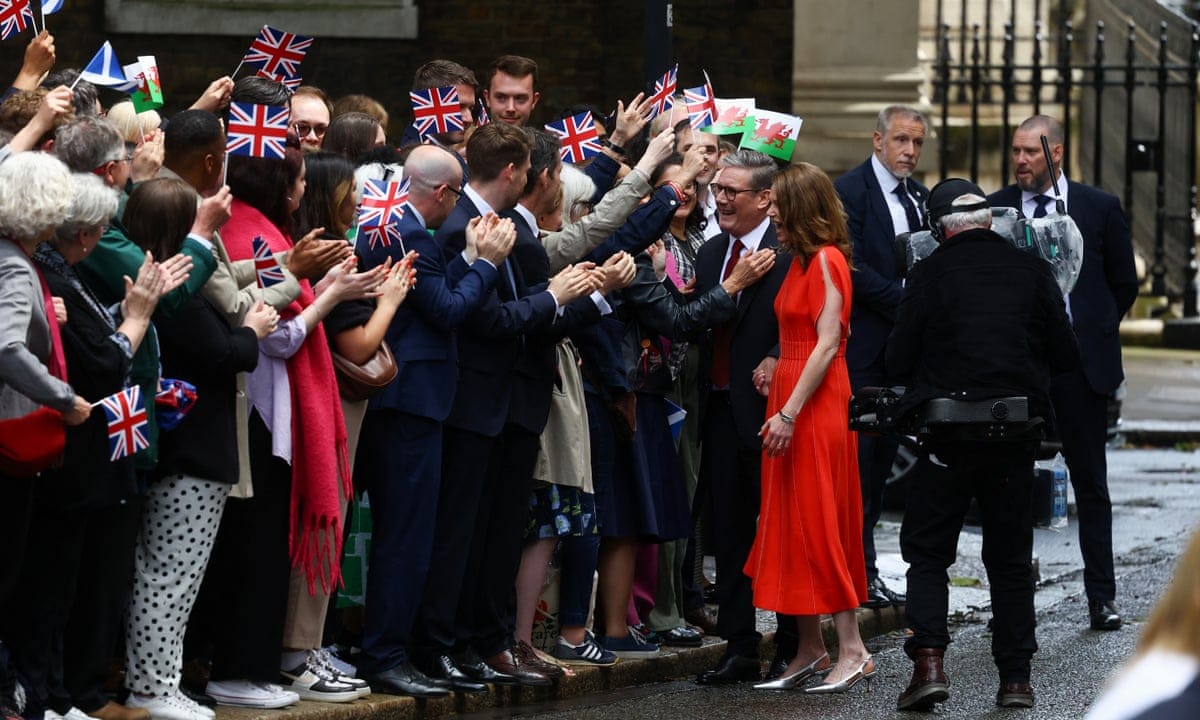The initial actions taken by a new prime minister can leave lasting effects on their leadership tenure. When Clement Attlee ascended from deputy wartime premier to leader of the Labour party in 1945, he had limited options other than introducing post-war economic measures comparable to Winston Churchill's wartime efforts.
The era characterized by fiscal conservatism was born as Britain reconstructed its war-torn economy. Essential rationing persisted until a stable peacetime economy could be established. Contrast this with the Conservative-Liberal Democrat approach to fiscal restraint since 2010, which starkly differed from Attlee's post-war measures.
Post-2010 fiscal conservatism, particularly championed by Chancellor George Osborne, was based on erroneous economic assumptions and a right-wing approach prioritizing cuts to public services over tax reductions. The belief that Labour overspent contributed to financial instability, while the banking crisis itself was the primary cause, is an example of misguided comparisons used as justification for these measures.
The recent election results partly reflected public dissatisfaction with the impacts of austerity policies over time. Various societal issues have fueled this discontent: strains on healthcare systems, state transportation networks, prison conditions, and environmental concerns due to water management practices.
In the lead-up to last Thursday's election, Keir Starmer criticized the Conservatives for their handling of Brexit while offering few solutions for existing economic hardships. This reflects a pattern seen in past prime ministers when delaying crucial decisions led to adverse consequences; an example being Harold Wilson’s reluctance to devalue the pound, which ultimately resulted from market pressure and hindered growth plans.
However, Starmer's decision against rejoining the single market during his tenure as prime minister contradicts the stances previously taken by Labour. The party manifesto promises removing barriers in trade with Europe; however, UK In a Changing Europe suggests that these efforts won’t significantly alleviate Brexit's impact. Furthermore, 78% of Labour supporters would favor rejoining the EU if given a choice.
Despite offering constructive criticism, it is important to acknowledge Starmer's swift success in making the Labour party electable within a short timeframe after years of Conservative rule. This shift offers hope for change and improvement in political dynamics.
Read next

Ryanair plane had only six minutes of fuel upon Manchester landing, records show
Flight Narrowly Avoids Disaster After Storm Diversion
An inquiry has been launched after a Ryanair flight, struggling against severe winds during storm Amy last week, landed at Manchester Airport with only six minutes’ worth of fuel remaining.
The aircraft had been transporting passengers from Pisa, Italy, to Prestwick, Scotland, on

"Qantas customer data for 5 million exposed as hackers release info post-ransom deadline"
Hackers Leak Personal Data of 5 Million Qantas Customers on Dark Web
A cybercriminal group has released personal records of 5 million Qantas customers on the dark web after the airline did not meet their ransom demand.
The breach is part of a larger global incident affecting over 40 companies,

Investors flee record-high UK stocks as EU set to hike steel tariffs
Investors Withdraw Record Sums from Equity Funds Amid High Market Valuations
Data reveals that investors in the UK have withdrawn an unprecedented amount of money from equity funds over the past three months, driven by concerns over soaring stock market valuations.
According to the latest figures from Calastone, the largest

